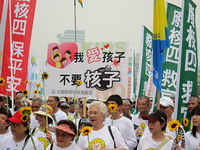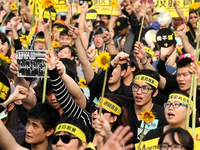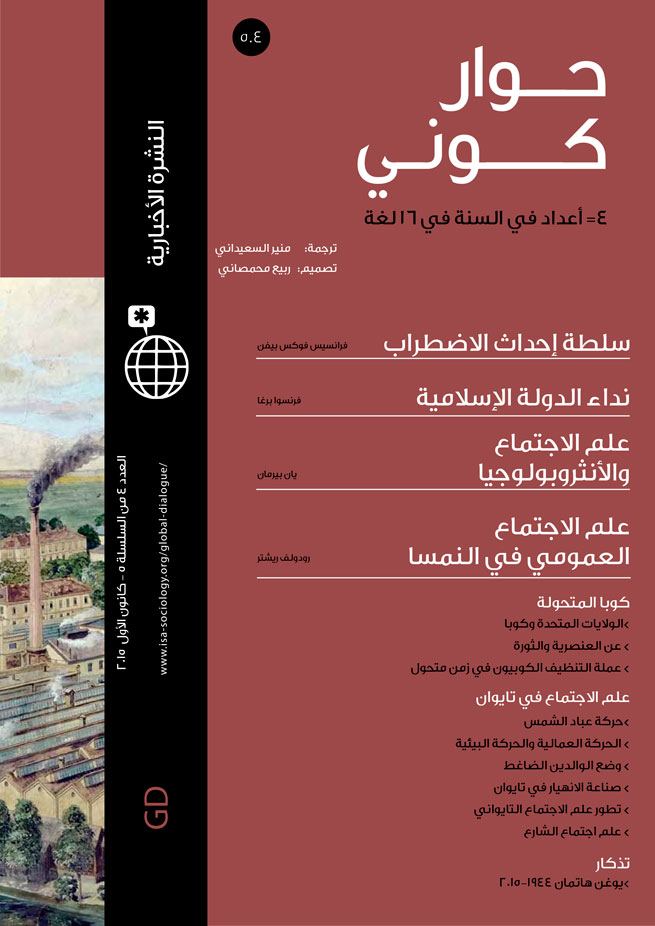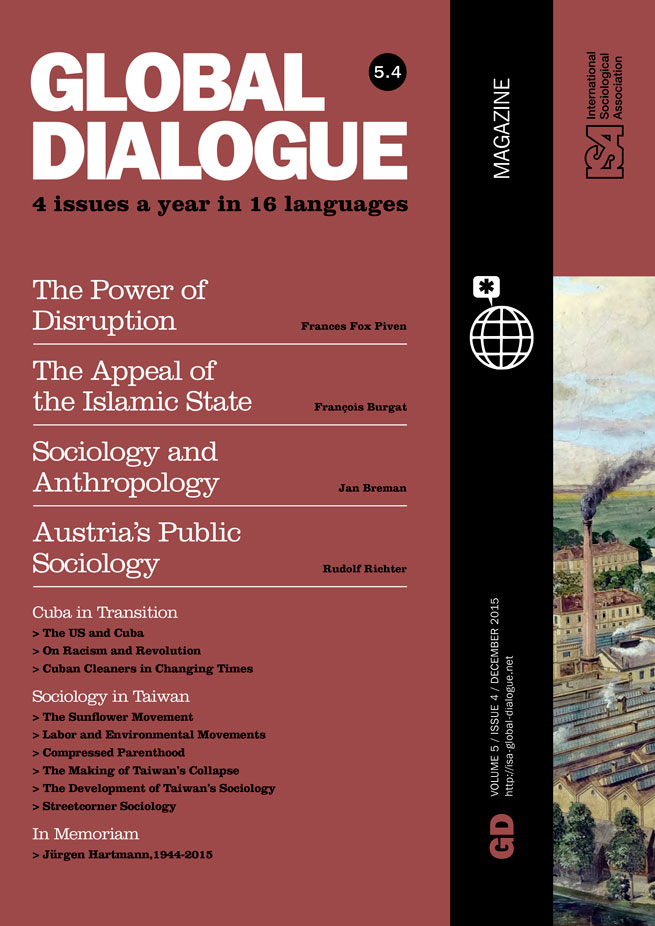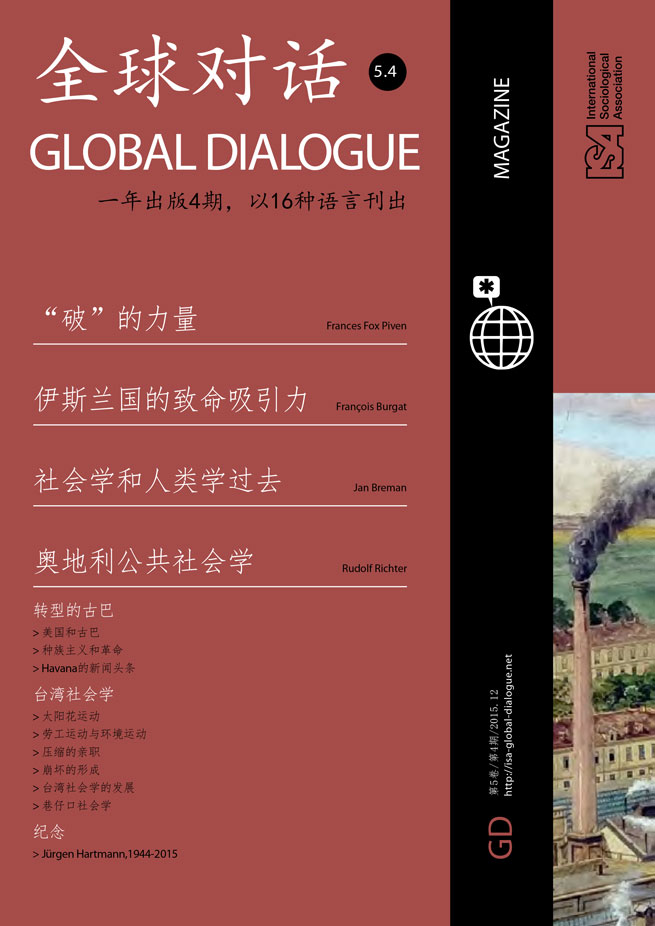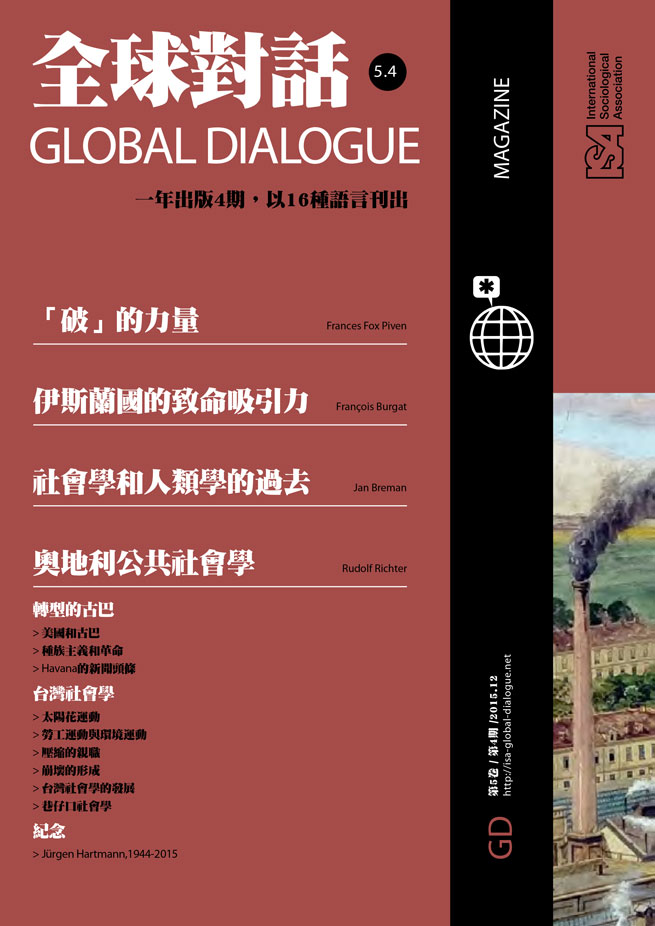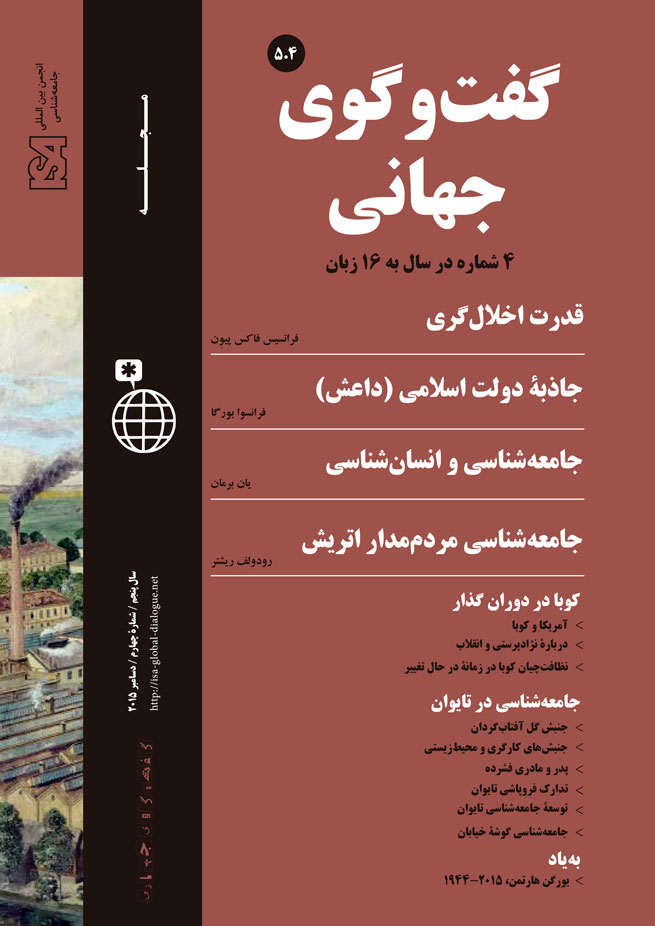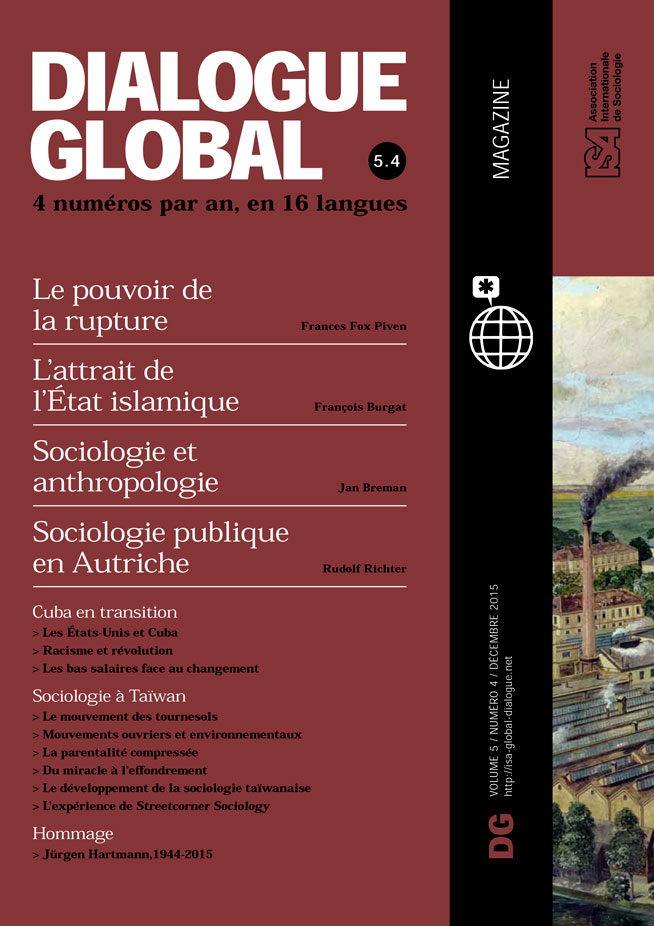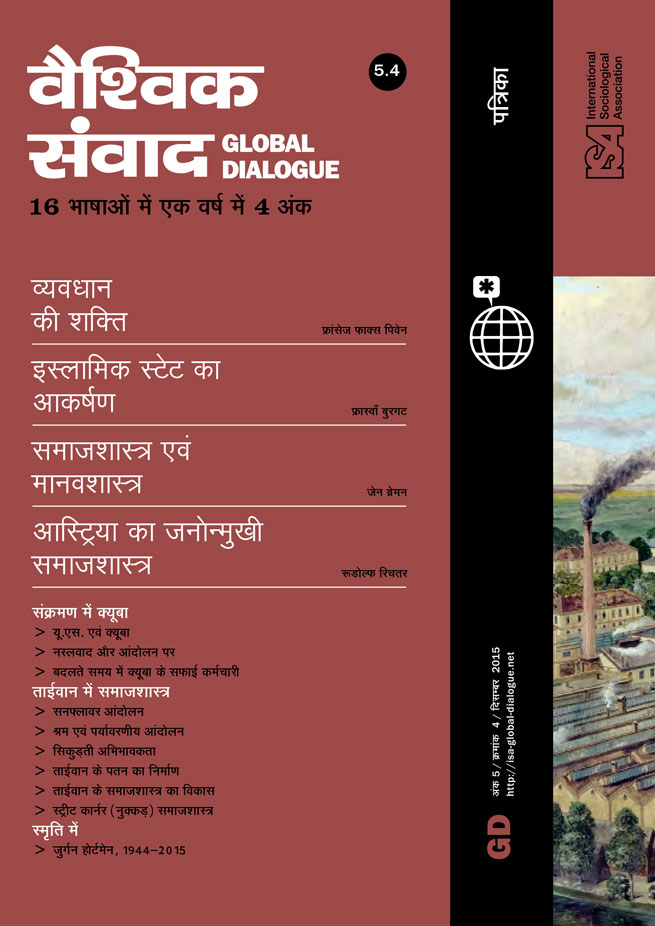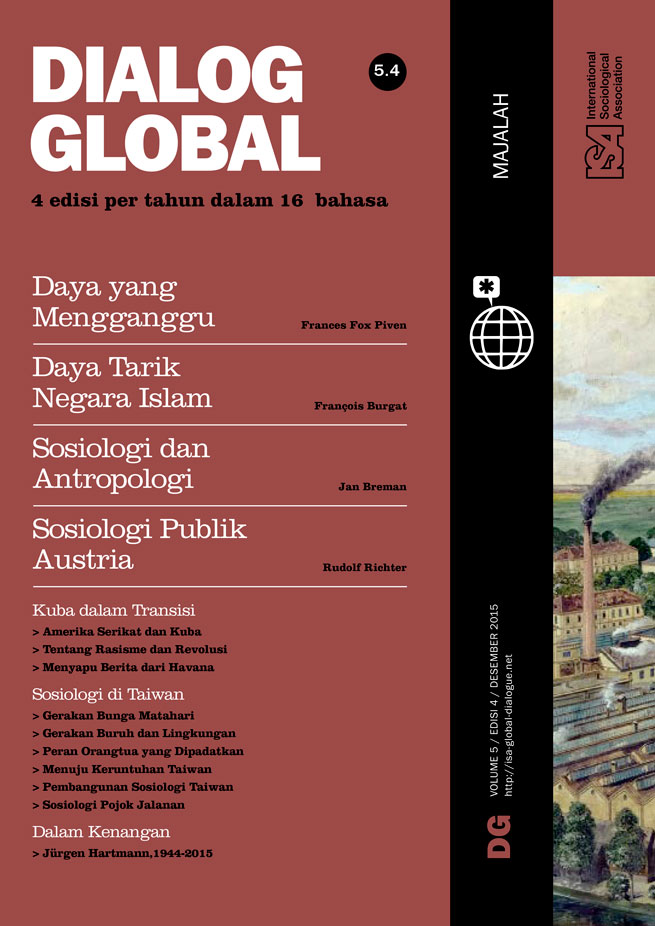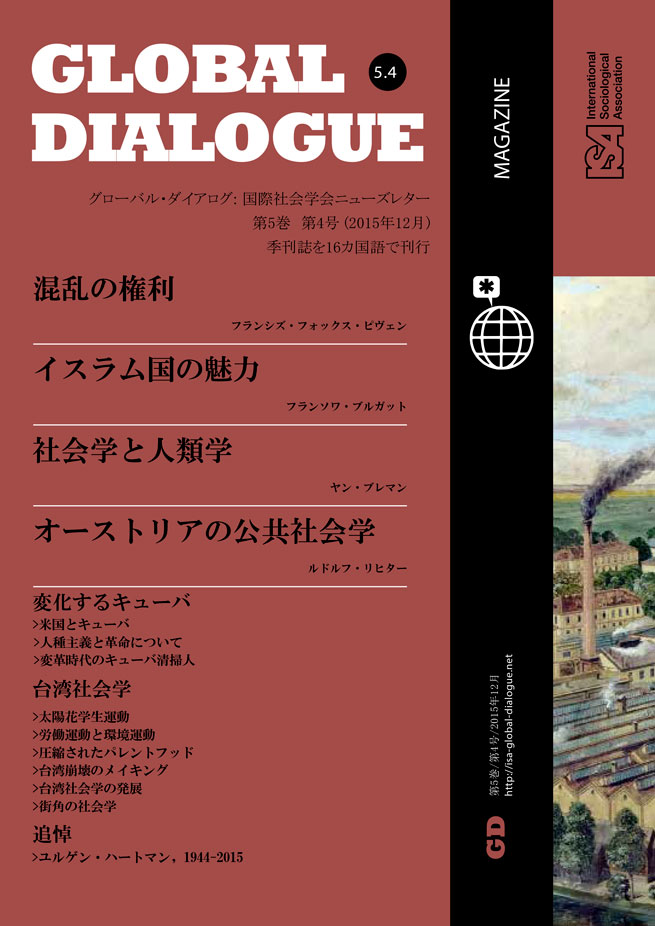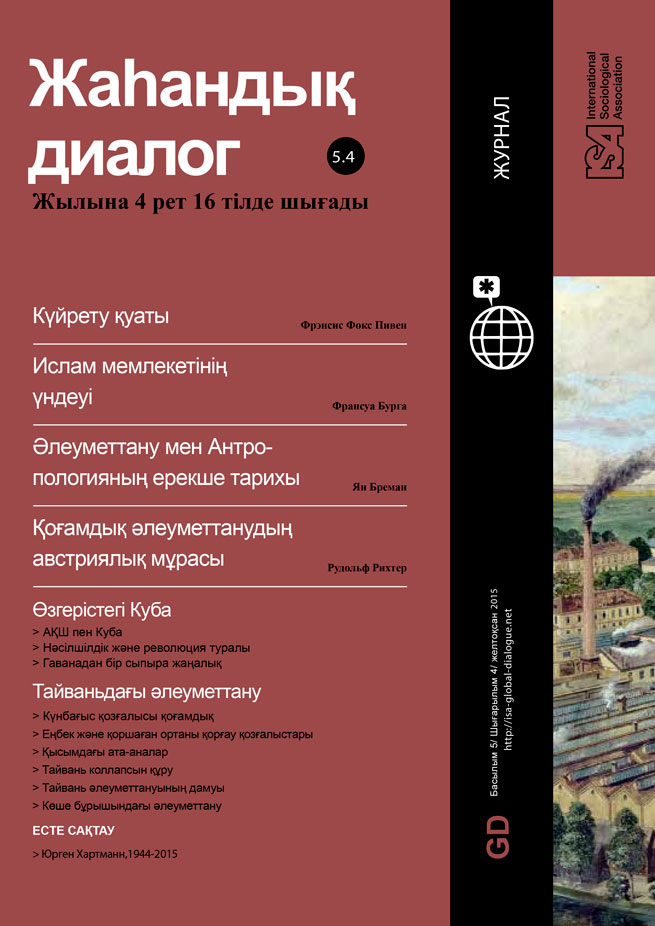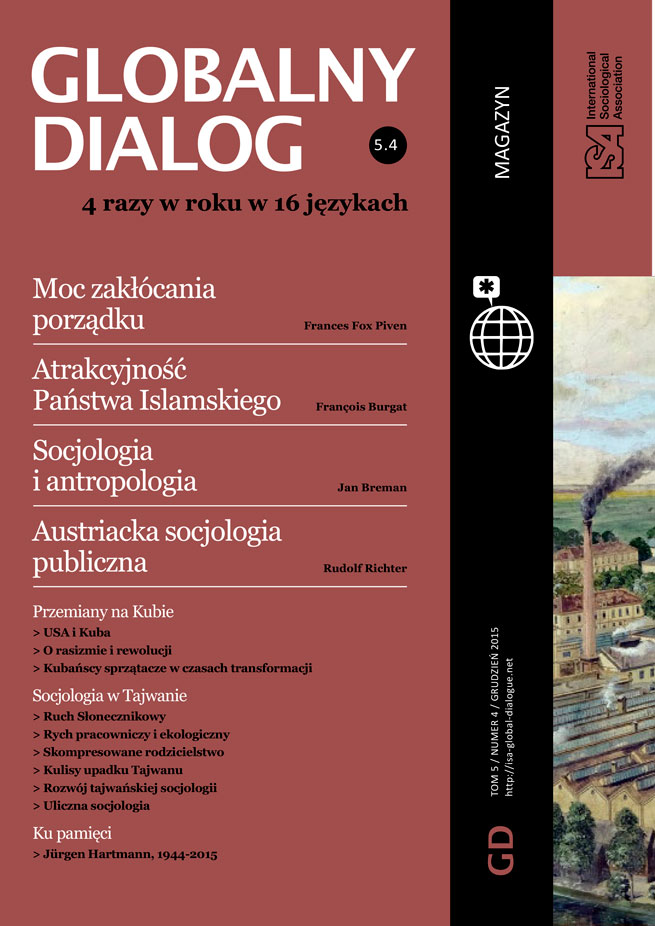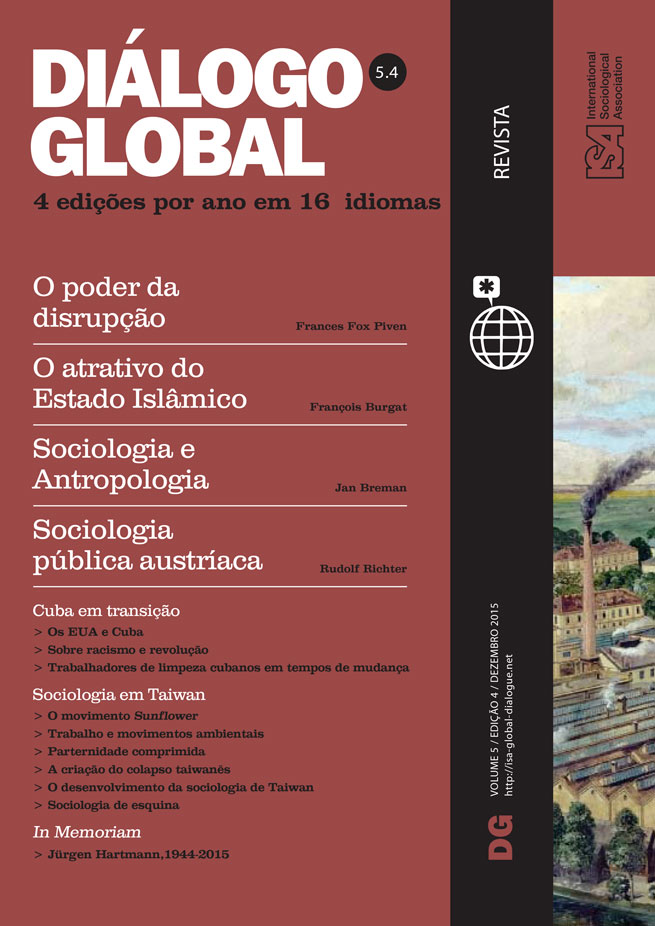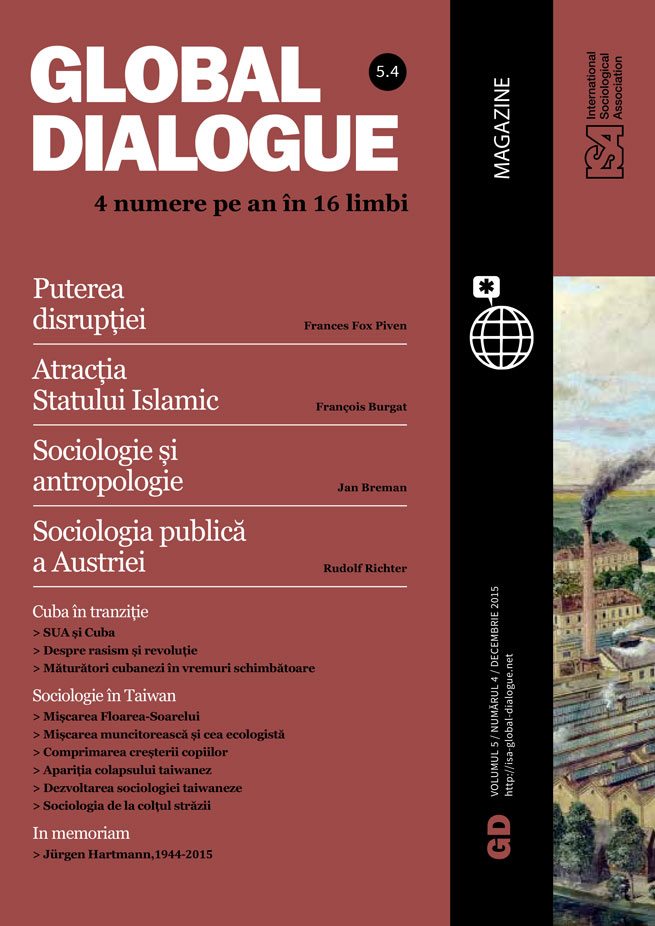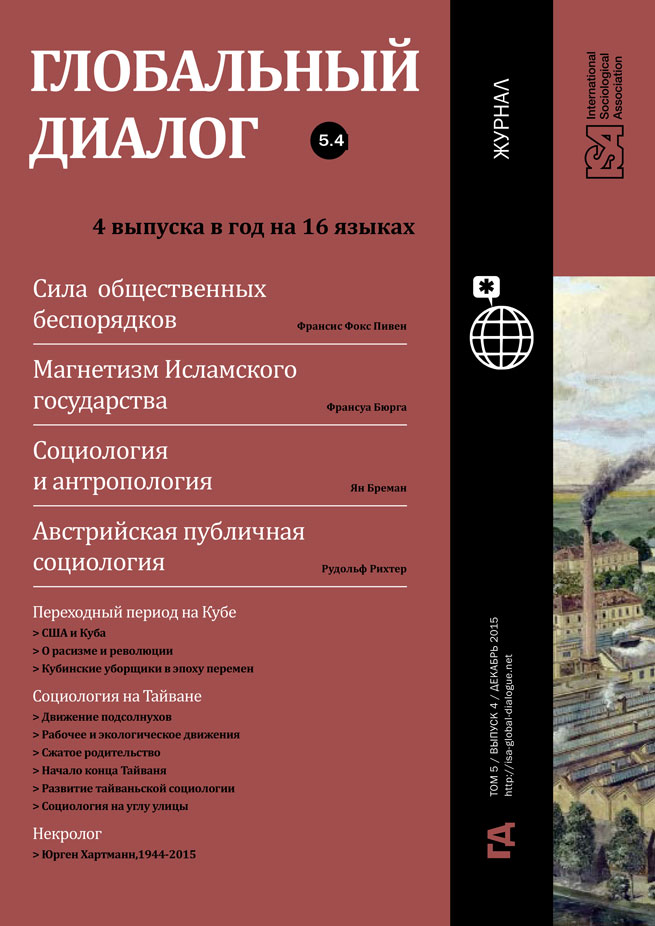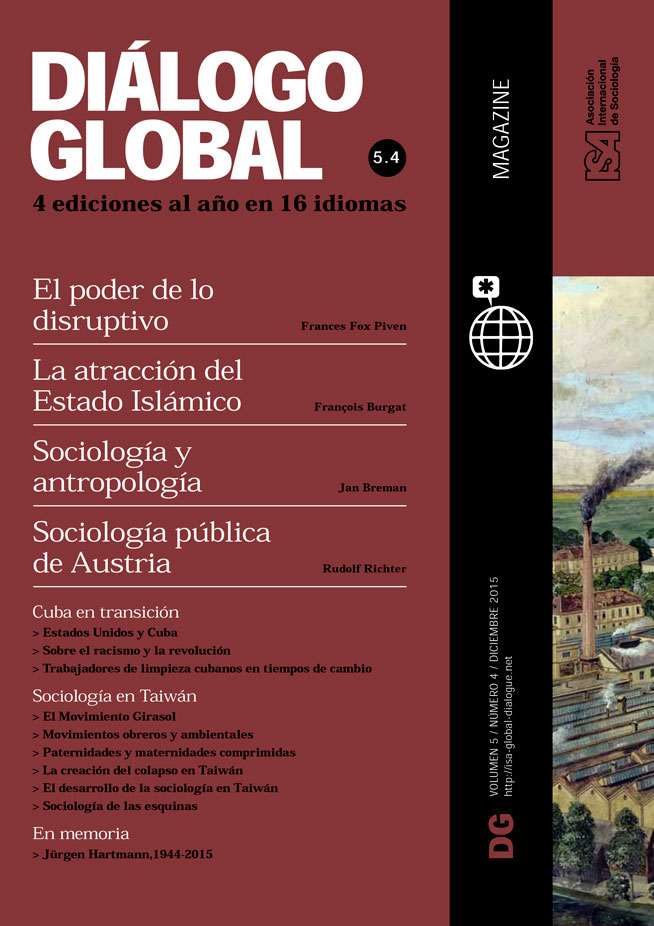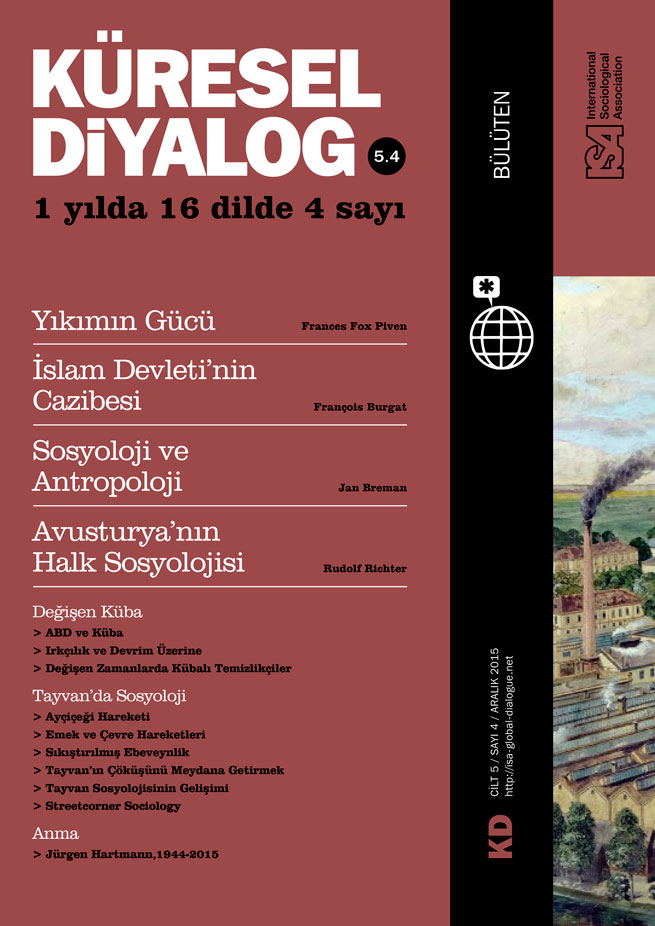Taiwan’s fertility rate is now one of the lowest in the world. Raising their ever-more precious and vulnerable children, Taiwanese parents are constantly advised by expert opinions, often translated from the West, to attend to children’s needs and emotions. Why do parents nowadays face even more intensified pressure, anxiety, and uncertainty, despite expanded access to cultural resources and market services? My research explores this conundrum based on school observation, discourse analysis, and in-depth interviews with parents from more than 50 families across the socio-economic spectrum.
The nexus between parenting and class inequality has long been a critical topic in sociology, but the literature generally suffers from what Andreas Wimmer and Nina Glick Schiller called “methodological nationalism.” Scholars tend to analyze class distinction in a single society as an enclosed unit of analysis, overlooking how societies are constituted by relations of exchange with and influence upon each other.
Taiwan offers a strategic research site for global sociology, an approach which introduces geographical space as central to the formation of knowledge and provincializes the theories and concepts of Eurocentric sociology. I use parenting as an empirical lens into the ways in which globalization shapes the micro-domains of family life and class inequality. Public discourses on childrearing were dramatically transformed in post-war Taiwan, as the status of children changed from being primarily seen as laboring bodies available to serve military nationalism, to being seen as healthy bodies subject to biopolitical governance. Similarly, parents’ roles were transformed: instead of being primarily enforcers of child discipline, they were increasingly treated as recipients of parental advice.
Many analysts believe that industrialization, urbanization, and fertility decline gave birth to modern notions of childhood and parenthood – a view which carries undertones of modernization, treating the experience of Western modernity as a universal model and overlooking power inequalities and cultural particularities around the globe.
Other common views see a global convergence of parenthood and childhood as an example of McDonaldization under the sweeping force of global capitalism, or as the result of worldwide circulation of scientific knowledge concerning children’s development and early education. Both versions run the risk of reducing globalization to an exogenous variable while overlooking local societies’ efforts to appropriate, indigenize and hybridize global elements.
South Korean scholar Chang Kyung-Sup has used the concept “compressed modernity” to describe a civilizational condition in which economic, political, social and cultural changes occur rapidly, condensing both time and space. Diverse components of multiple civilizations – traditional, modern and postmodern, and indigenous, foreign and global elements – coexist, compete, and influence each other in these societies. I propose the concept “compressed parenthood” to describe the shifting, complex, and sometimes contradictory practices of parenting in the context of compressed modernity – a pattern that can be applied to Taiwan, and also to many other regions across the global South.
This concept contains three dimensions. First, Taiwan’s condensed and abridged economic and political development – including rapid industrialization and democratization – has led to intergenerational mobility and a vibrant civil society. Middle-class parents lament their own “lost childhood” in a poorer, authoritarian Taiwan; they are determined to break with childrearing traditions, and to offer their own children more happiness and autonomy. Changing styles of childrearing under the marked influence of US culture becomes an identity marker, through which many parents highlight their families’ upward mobility and cosmopolitan engagement.
Middle-class Taiwanese parents nevertheless develop distinct orientations to the globalized future they imagine for their children. Many seek to “cultivate global competitiveness,” strategically sending their children to English-language kindergartens, elite schools, and American summer camps, hoping to cultivate their global cultural capital.
On the other hand, a growing number of parents are pursuing a contrasting strategy, seeking to “orchestrate natural growth” – prioritizing children’s “natural growth” over what they see as harmful interventions from parents and institutions. Many of these parents choose alternative education programs, adopting Western pedagogy and jettisoning textbooks and examinations.
We come now to the second dimension of compressed parenthood. While these cultural scripts of parenting reflect new global influences, they often conflict with the Taiwanese reality. For instance, parents are frequently advised to spend a substantial amount of time communicating and interacting with children, but most workplaces in Taiwan are not family-friendly in terms of culture and organization. Dual-earner parents depend heavily on afterschool programs or kinship networks for childcare. Despite their narrative of “generational rupture,” parents must rely on grandparents who cohabitate or live nearby, to raise children together.
In addition, parents generally face a sharp disjuncture between parental values and larger institutional environments. Despite embracing notions of happy childhood, they worry about their children’s ability to survive intense competition for getting into leading high schools and universities. They are also often concerned about whether their outspoken, opinionated children will adjust well in the future, since most corporations in Taiwan are still marked by cultures of collectivism and hierarchical authority.
Finally, compressed parenthood comes in different class-specific versions: parents across the class spectrum experience globalization and compressed modernity unevenly. Globalization offers more opportunities and resources to families with sufficient economic or cultural capital; those who cannot afford to move are prone to disadvantage or marginalization.
Taiwan’s capital outflow and labor inflow in recent decades have especially affected the job security of working-class men. Many of those who are not favored by local women seek foreign brides from Southeast Asia and China and form a new type of global family. In addition, the new parenting scripts – especially new prohibitions of corporal punishment at home and increased expectations of parental participation at school – hold implicit assumptions about parents’ time flexibility and capacity to communicate with children. Working-class parents, immigrant mothers, and other socially disadvantaged parents are increasingly subject to social criticism and labeled “high-risk families.”
Temporal and spatial compression helps explains why parenthood has become such a rewarding, demanding and yet difficult project in contemporary Taiwan. Analyzed from the perspective of global sociology, Western literature tends to reduce the transformation of parenting discourses to an endogenous process and fails to examine culture-bound historical constructs of family. We need to investigate how the critical context of globalization frames parental strategies of capital accumulation, and how it shapes unequal childhoods across class and national divides.
Pei-Chia Lan, National Taiwan University, Taiwan and member of ISA Research Committees on Family (RC06) and Labor Movements (RC44) <pclan@ntu.edu.tw>

